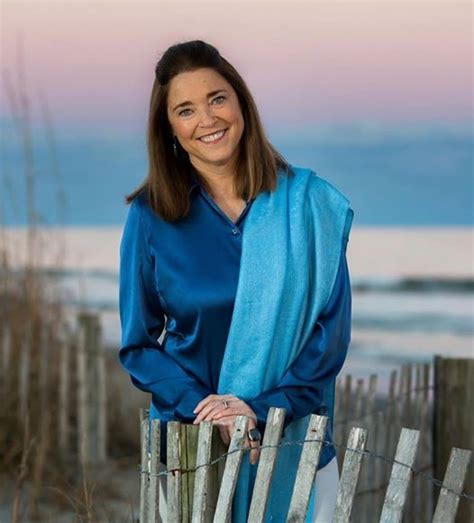A Quote by Austin O'Malley
Childhood has no necessary connection with age.
Quote Topics
Related Quotes
The children's writer not only makes a satisfactory connection between [the writer's] present maturity and his past childhood, he also does the same for his child-characters in reverse - makes the connection between their present childhood and their future maturity. That their maturity is never visibly achieved makes no difference; the promise of it is there.
There is a connection, hard to explain logically but easy to feel, between achievement in public life and progress in the arts. The age of Pericles was also the age of Phidias. The age of Lorenzo de Medici was also the age of Leonardo da Vinci. The age of Elizabeth was also the age of Shakespeare. And the New Frontier for which I campaign in public life, can also be a New Frontier for American art.
The essential and defining characteristic of childhood is not the effortless merging of dream and reality, but only alienation. There are no words for childhood's dark turns and exhalations. A wise child recognizes it and submits to the necessary consequences. A child who counts the cost is a child no longer.



































